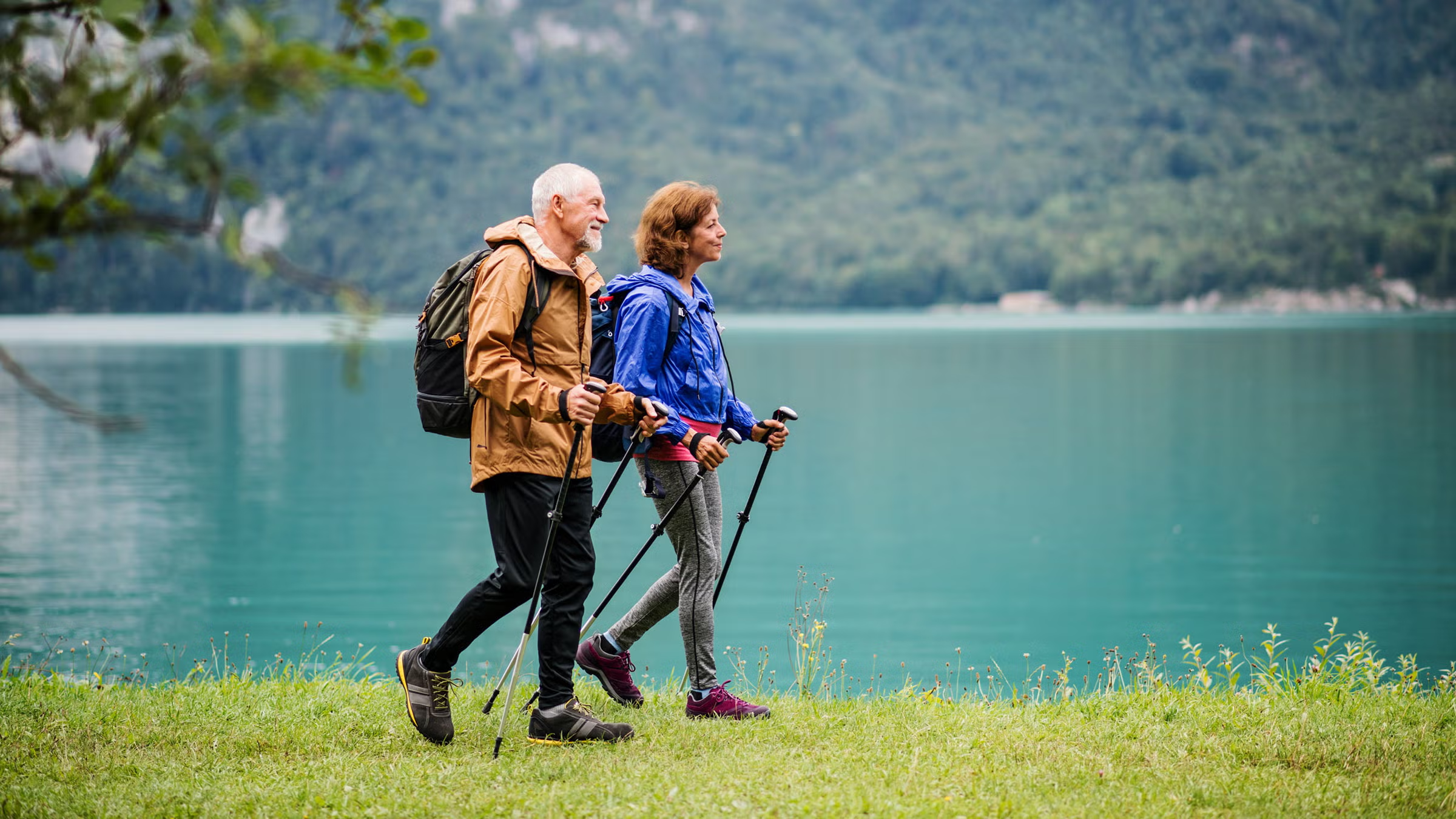Travel is one of the most enriching forms of recreation. It goes beyond simply moving from one place to another—it is about discovery, connection, and renewal. In today’s fast-paced digital world, people increasingly seek experiences that allow them to escape routine, explore different cultures, and rejuvenate their minds and bodies. Recreation and travel intersect in ways that highlight not only the joy of exploring new destinations but also the health, cultural, and personal benefits that come with it.
This article explores the importance of recreation through travel, emerging trends shaping the industry, and how individuals can make their journeys meaningful, sustainable, and transformative.
1. The Essence of Recreation in Travel
Recreation is about activities that bring relaxation, joy, and balance to life. When combined with travel, it transforms into a holistic experience:
-
Relaxation: Traveling provides the break people need from work or study routines. Whether it’s a beachside retreat or a mountain getaway, travel allows the body and mind to rest.
-
Adventure: Recreation often involves exploration and challenge. Hiking through forests, diving into oceans, or cycling across scenic landscapes allows travelers to test their limits while having fun.
-
Social Connection: Travel enhances recreation by connecting people—whether bonding with family, meeting locals, or forming friendships with fellow travelers.
Unlike other forms of recreation, travel blends leisure with discovery, making it one of the most impactful ways to recharge.
2. Health Benefits of Recreational Travel
Travel is not just fun—it’s good for your health. Research shows that taking vacations and recreational trips contributes to physical and mental well-being:
-
Stress Reduction: Stepping away from familiar environments lowers cortisol levels, reducing stress.
-
Physical Activity: Many forms of travel include walking tours, hiking, or swimming—activities that promote cardiovascular health and fitness.
-
Mental Health: Exposure to new environments stimulates creativity and improves mood. Even short getaways can boost happiness and combat burnout.
-
Longevity: Studies suggest people who take regular recreational trips live longer and report greater life satisfaction.
Recreational travel encourages balance, reminding us that leisure is as vital as work.
3. Cultural Discovery and Enrichment
Travel is one of the most accessible gateways to cultural exploration. Unlike passive recreation, such as watching a movie, travel places individuals within new cultural landscapes:
-
Cuisine: Food tourism has grown tremendously. Sampling local dishes—whether sushi in Japan, pasta in Italy, or street food in Bangkok—offers a taste of culture.
-
Traditions: Recreational travelers often time trips around cultural festivals, like Rio’s Carnival or India’s Holi, to immerse themselves in unique celebrations.
-
Heritage Tourism: Visiting historic landmarks, UNESCO World Heritage Sites, and museums allows travelers to deepen their understanding of human history.
These experiences broaden horizons, creating empathy and appreciation for diversity.

4. The Rise of Sustainable and Responsible Travel
As recreational travel grows, so does its environmental footprint. Sustainable travel is becoming more important as individuals seek to balance recreation with responsibility.
-
Eco-Friendly Stays: Eco-lodges, green-certified hotels, and homestays powered by renewable energy are increasingly popular.
-
Slow Travel: Instead of rushing through multiple destinations, slow travel encourages extended stays in fewer places, reducing carbon footprints while enhancing cultural immersion.
-
Wildlife Respect: Ethical tours prioritize conservation and avoid exploitation of animals or fragile ecosystems.
-
Community Support: Responsible recreational travel means choosing local businesses, ensuring that money spent supports local economies.
The focus is shifting toward travel that not only rejuvenates the traveler but also respects the environment and benefits host communities.
5. Adventure Travel: Recreation for the Thrill-Seeker
For many, recreation in travel means pushing boundaries and seeking adrenaline-fueled experiences. Adventure tourism has seen tremendous growth, fueled by a desire for both challenge and exploration.
-
Outdoor Sports: Hiking, rock climbing, surfing, skiing, and scuba diving are popular recreational pursuits.
-
Extreme Adventures: Skydiving, bungee jumping, or paragliding provide once-in-a-lifetime thrills.
-
Nature Escapes: Trekking in the Himalayas, exploring the Amazon rainforest, or going on a safari in Africa blends adventure with immersion in nature.
Adventure travel provides a unique sense of accomplishment, proving that recreation can be both thrilling and transformative.
6. Technology and the Modern Travel Experience
Technology has transformed recreational travel, making planning and execution easier than ever.
-
Online Booking: From flights to accommodations, digital platforms simplify travel arrangements.
-
Navigation Tools: GPS and mapping apps help travelers explore safely and efficiently.
-
Virtual Travel: During the pandemic, virtual reality tours allowed people to experience destinations without leaving home. While not a substitute for real travel, these innovations expand access.
-
Social Media Influence: Platforms like Instagram and TikTok have shaped travel trends, with destinations gaining popularity through viral content.
While technology enhances convenience, travelers must balance digital connectivity with genuine presence in their recreational journeys.
7. The Economic and Social Value of Recreational Travel
Beyond personal benefits, recreation through travel plays a massive role in global and local economies.
-
Tourism as an Industry: Travel generates jobs in hospitality, transport, and cultural sectors. It is a key contributor to GDP in many countries.
-
Community Development: Small towns and rural areas thrive when recreational travelers bring economic activity.
-
Cultural Exchange: Recreational travelers act as informal ambassadors, fostering mutual understanding and diplomacy.
Thus, travel is not just leisure—it’s a powerful driver of growth and connection worldwide.
8. Future Trends in Recreational Travel
The landscape of recreation and travel continues to evolve with shifting lifestyles and global challenges. Some emerging trends include:
-
Wellness Tourism: Yoga retreats, meditation camps, and spa getaways cater to travelers seeking relaxation and holistic healing.
-
Digital Nomadism: Remote work has allowed professionals to blend recreation and travel, living and working from destinations worldwide.
-
Micro-Cations: Short, frequent trips are becoming popular for people with limited time but a strong desire for recreation.
-
Off-the-Beaten-Path Travel: With over-tourism affecting major cities, travelers seek hidden gems and less crowded destinations.
These trends reflect a desire for balance: recreation that is meaningful, sustainable, and adaptable to modern life.

Conclusion
Recreation and travel are more than hobbies—they are vital components of a balanced and fulfilling life. Traveling for recreation provides relaxation, adventure, cultural enrichment, and health benefits. It strengthens social bonds, fuels economies, and promotes understanding between cultures.
As the world becomes more connected, the way we approach recreational travel will continue to evolve. The challenge is to do so responsibly: embracing sustainability, respecting local communities, and finding balance between exploration and preservation.
At its heart, travel is about discovery—not only of places but also of ourselves. Through recreation and travel, we uncover new perspectives, challenge our limits, and create memories that last a lifetime. In an increasingly busy world, perhaps the most valuable gift we can give ourselves is the time to explore, reconnect, and simply enjoy the journey.


